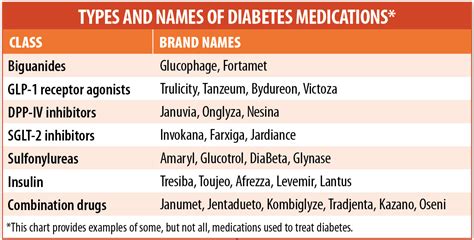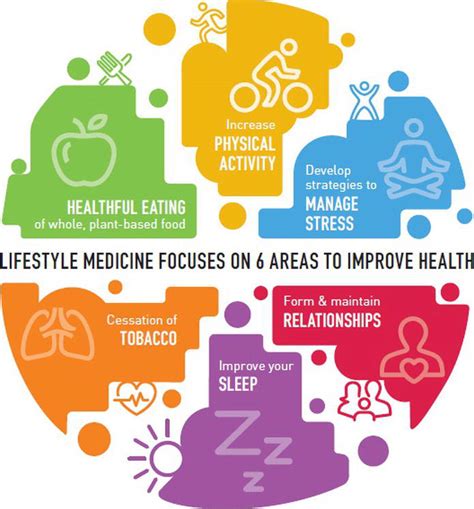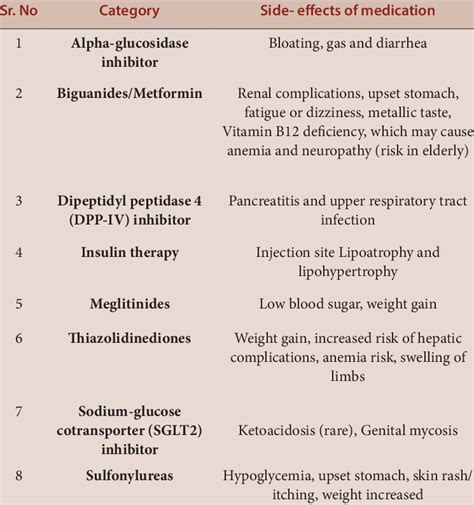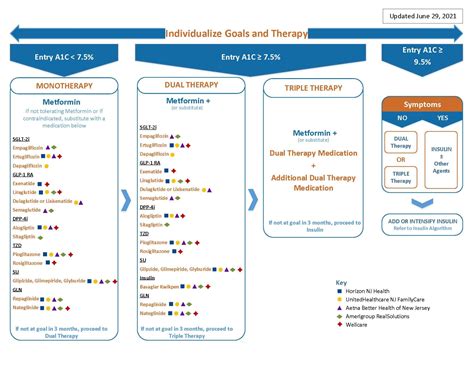Intro
Explore pre diabetes medication options, including metformin, lifestyle changes, and natural remedies, to manage blood sugar levels and prevent type 2 diabetes, improving overall health and reducing risk factors.
Pre-diabetes is a condition where an individual's blood sugar levels are higher than normal, but not high enough to be classified as diabetes. It is a critical stage, as it can lead to the development of type 2 diabetes if left untreated. Fortunately, there are various pre-diabetes medication options available that can help manage the condition and prevent its progression. In this article, we will delve into the world of pre-diabetes, its causes, symptoms, and treatment options, with a primary focus on medication.
Pre-diabetes is often asymptomatic, meaning that individuals may not exhibit any noticeable symptoms. However, some common signs of pre-diabetes include increased thirst and hunger, fatigue, blurred vision, and slow healing of cuts and wounds. If left untreated, pre-diabetes can lead to the development of type 2 diabetes, which can cause a range of serious health complications, including heart disease, kidney damage, and nerve damage. Therefore, it is essential to take proactive steps to manage pre-diabetes and prevent its progression.
The primary goal of treating pre-diabetes is to reduce blood sugar levels and prevent the development of type 2 diabetes. Lifestyle modifications, such as a healthy diet and regular exercise, are often the first line of treatment. However, in some cases, medication may be necessary to help manage the condition. There are several pre-diabetes medication options available, each with its own unique benefits and drawbacks. In the following sections, we will explore these options in detail, including their working mechanisms, benefits, and potential side effects.
Understanding Pre-Diabetes Medication Options

Pre-diabetes medication options are designed to help manage blood sugar levels and prevent the development of type 2 diabetes. These medications work by either increasing insulin sensitivity, reducing glucose production in the liver, or enhancing insulin secretion. Some common pre-diabetes medication options include metformin, pioglitazone, and acarbose. Metformin, for example, is a popular medication that works by increasing insulin sensitivity and reducing glucose production in the liver.
Benefits of Pre-Diabetes Medication
Pre-diabetes medication options offer several benefits, including improved blood sugar control, reduced risk of developing type 2 diabetes, and enhanced insulin sensitivity. These medications can also help reduce the risk of heart disease and other cardiovascular complications associated with pre-diabetes. Additionally, pre-diabetes medication options can help individuals with pre-diabetes lose weight, which can further improve blood sugar control and overall health.Types of Pre-Diabetes Medication

There are several types of pre-diabetes medication options available, each with its own unique working mechanism and benefits. Some common types of pre-diabetes medication include:
- Biguanides: These medications, such as metformin, work by increasing insulin sensitivity and reducing glucose production in the liver.
- Thiazolidinediones: These medications, such as pioglitazone, work by increasing insulin sensitivity and reducing inflammation.
- Alpha-glucosidase inhibitors: These medications, such as acarbose, work by slowing the absorption of glucose from the gut.
Working Mechanisms of Pre-Diabetes Medication
Pre-diabetes medication options work through various mechanisms to manage blood sugar levels and prevent the development of type 2 diabetes. For example, metformin works by increasing insulin sensitivity, which allows glucose to enter cells more efficiently. Pioglitazone, on the other hand, works by increasing insulin sensitivity and reducing inflammation, which can help improve blood sugar control and reduce the risk of cardiovascular complications.Lifestyle Modifications and Pre-Diabetes Medication

While pre-diabetes medication options can be effective in managing the condition, lifestyle modifications are also essential for optimal blood sugar control. A healthy diet, regular exercise, and weight loss can all help improve insulin sensitivity and reduce the risk of developing type 2 diabetes. Additionally, lifestyle modifications can help reduce the need for medication and improve overall health and well-being.
Importance of Monitoring and Follow-Up
Monitoring and follow-up are crucial when taking pre-diabetes medication options. Regular blood sugar tests and check-ups with a healthcare provider can help determine the effectiveness of the medication and identify any potential side effects. Additionally, monitoring and follow-up can help individuals with pre-diabetes make lifestyle modifications and adjust their treatment plan as needed.Common Side Effects of Pre-Diabetes Medication

While pre-diabetes medication options can be effective in managing the condition, they can also cause side effects. Common side effects of pre-diabetes medication include:
- Gastrointestinal symptoms, such as nausea and diarrhea
- Headaches and dizziness
- Increased risk of hypoglycemia (low blood sugar)
- Weight gain or loss
Minimizing Side Effects and Maximizing Benefits
To minimize side effects and maximize the benefits of pre-diabetes medication options, individuals should follow their treatment plan carefully and attend regular check-ups with their healthcare provider. Additionally, lifestyle modifications, such as a healthy diet and regular exercise, can help reduce the need for medication and improve overall health and well-being.Future Directions in Pre-Diabetes Medication

Research is ongoing to develop new and innovative pre-diabetes medication options. Future directions in pre-diabetes medication may include the development of medications that target specific molecular mechanisms, such as insulin resistance and inflammation. Additionally, the use of combination therapy, which involves taking multiple medications to manage pre-diabetes, may become more common in the future.
Emerging Trends and Technologies
Emerging trends and technologies, such as artificial intelligence and machine learning, may also play a role in the development of new pre-diabetes medication options. These technologies can help identify individuals at high risk of developing type 2 diabetes and develop personalized treatment plans to manage pre-diabetes.Conclusion and Final Thoughts

In conclusion, pre-diabetes medication options are a crucial aspect of managing pre-diabetes and preventing the development of type 2 diabetes. By understanding the different types of pre-diabetes medication, their working mechanisms, and potential side effects, individuals can make informed decisions about their treatment plan. Additionally, lifestyle modifications, such as a healthy diet and regular exercise, are essential for optimal blood sugar control and overall health and well-being.
We invite you to share your thoughts and experiences with pre-diabetes medication options in the comments section below. If you have any questions or concerns, please do not hesitate to reach out to us. We also encourage you to share this article with friends and family who may be interested in learning more about pre-diabetes and its treatment options.
What is pre-diabetes, and how is it diagnosed?
+Pre-diabetes is a condition where an individual's blood sugar levels are higher than normal, but not high enough to be classified as diabetes. It is diagnosed through a blood test, such as a fasting plasma glucose test or an oral glucose tolerance test.
What are the benefits of taking pre-diabetes medication?
+The benefits of taking pre-diabetes medication include improved blood sugar control, reduced risk of developing type 2 diabetes, and enhanced insulin sensitivity. These medications can also help reduce the risk of heart disease and other cardiovascular complications associated with pre-diabetes.
Can lifestyle modifications alone manage pre-diabetes, or is medication necessary?
+Lifestyle modifications, such as a healthy diet and regular exercise, are often the first line of treatment for pre-diabetes. However, in some cases, medication may be necessary to help manage the condition. The decision to take medication should be made in consultation with a healthcare provider.
